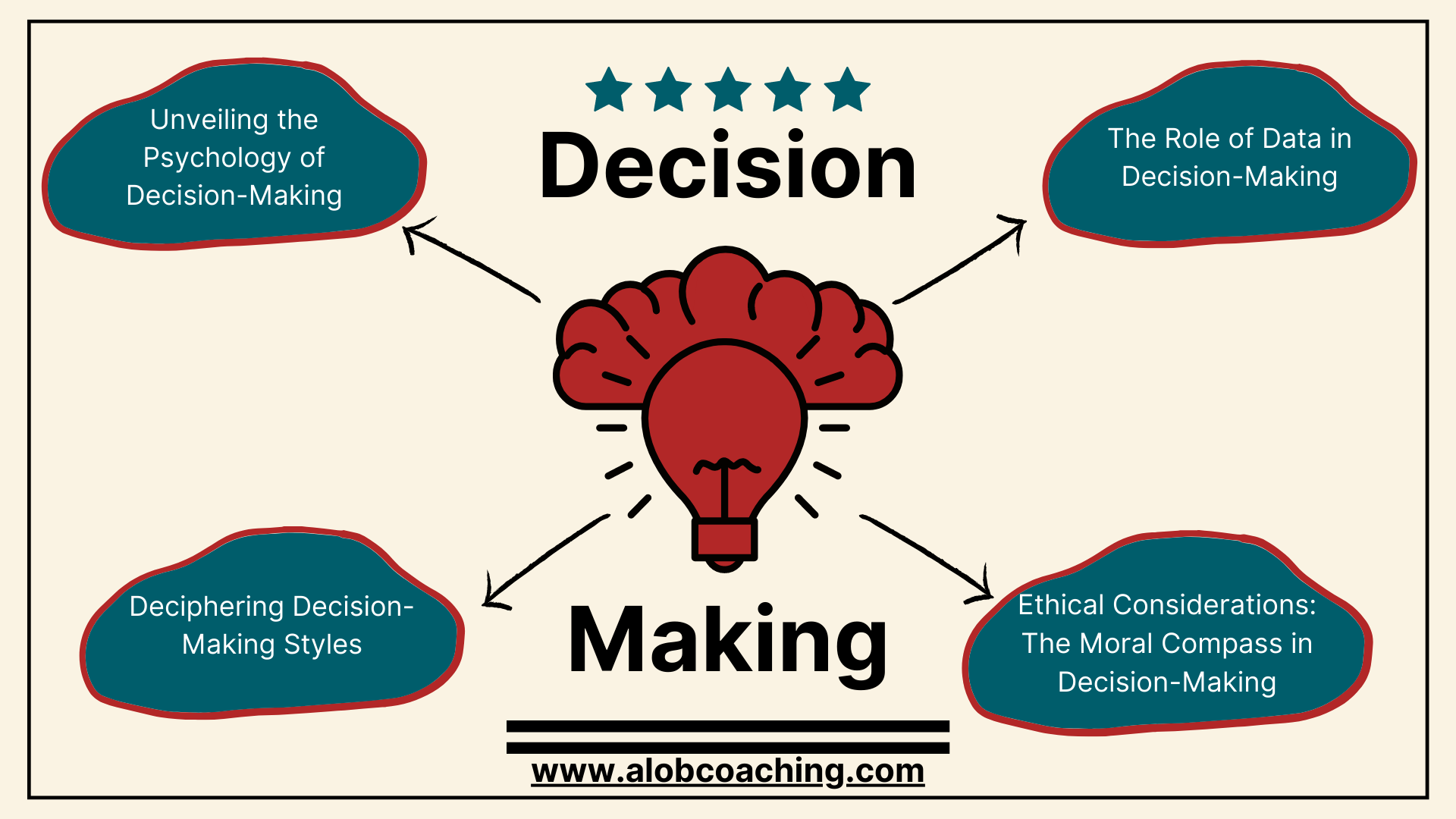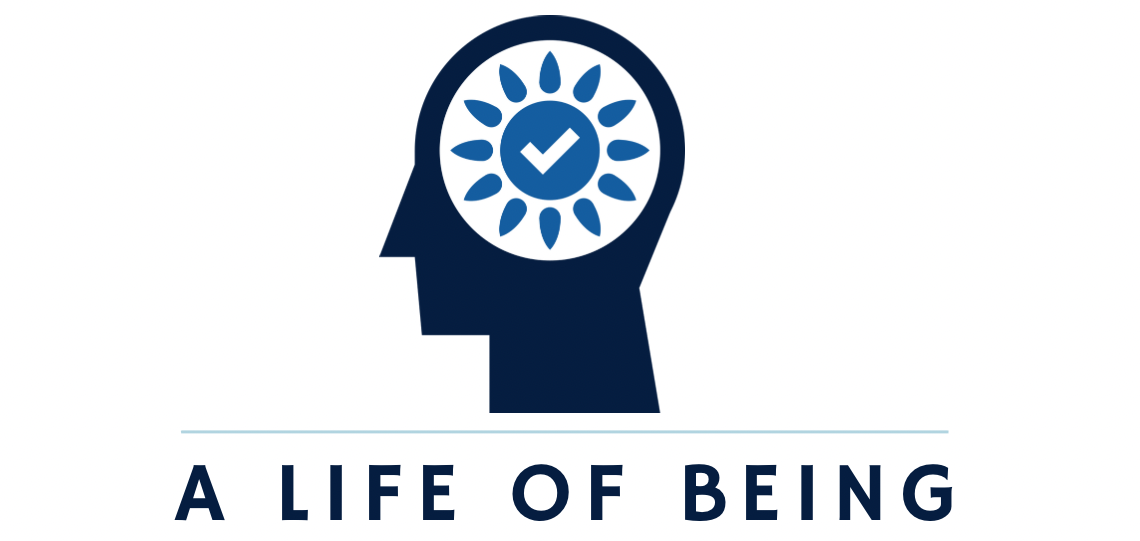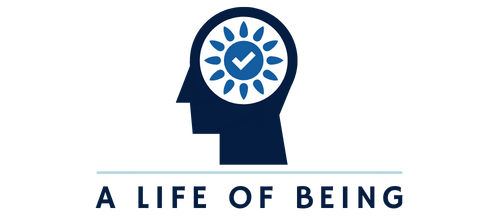How a generation of 'quitters' can help you build your business through QUIET QUITTING
Have you or your company ever thought of investing in coaching but found it was too expensive? You really want to start taking action but can't find a coach in your budget?
Would 40% off all our coaching services benefit you?
Then make sure you follow the link below and mention 'OFF40SEP' and on our call we will discuss qualifications!
There's a new trend in the office, and it may not be what you think.
Quiet quitting. The act of doing the bare minimum. The act of giving zero f***** about your work.
Is quiet quitting becoming more popular? Should businesses be worried?
Absolutely. The trend is on the rise and it's becoming more popular among Gen Z workers.
For a good reason too. While it might sound like the last thing you'd want to do, quiet quitting can be an excellent way to gain freedom from an unhealthy work environment or toxic relationships at work.
These quiet quitters are what is going to save your company because truthfully, they're all you've got! These trendsetters are not just new, fresh recruits, but can be some of your longest, hardest working employees. Their behavior should signal exactly what it is that you need to change. Below I will share with you 5 red flags that cause quiet quitting, common misunderstandings, and preventing quiet quitting.
5 red flags that signal quiet quitting:
If any of the below five signals are occurring at your work, quiet quitting is right around the corner (or it has already arrived):
- Lack of trust is one of the most common reasons employees quit. They'll leave if they don't feel they can trust their manager. Nothing is worse than not being able to trust the person who has power over your career and paycheck. If you want to keep your employees happy, you need to show them that you're trustworthy through actions such as showing up on time for meetings and following through on promises.
- Lack of consistency: If you're not consistent with your employees, they'll feel like nothing is certain. It would help if you communicated clearly about expectations and goals. Changing these things on a whim will make employees feel like they have no control over their lives at work.
- Lack of value/purpose: Employees want to know that their work matters and makes a difference. They'll be less engaged at work if you can't give them a reason to believe this.
- Lack of sense of belonging: Employees want to feel like they belong in their workplace. It would help if you made an effort to get to know your employees personally and encourage them to share the things that are important to them outside of work. When they feel welcome and comfortable at work, they'll be more engaged with their jobs and stick around.
- Lack of communication: Communication is key to an effective manager or leader. If you don't communicate well with your employees, they won't know how their performance fits into the big picture. Listen when people talk to know what's on their minds.
TikTok trends give us an opportunity to look into the thoughts of a new generation.
Take it from someone within Generation Z; employees look for more than just a paycheck. We want to feel like our work matters and that we can impact the world around us. We want to be paid fairly and treated with respect. We want opportunities for growth, development, and mentorship. And most importantly, we want more than just a job; we want a career that allows us to find meaning while still making enough money to support ourselves and our families.
TikTok can help you identify what our generation of workers is looking for in a company and what they value. Three areas to start: #corporateemployee (1.8M), #corporatemillineal (313.6M), #quietquitting (116.4M). Some are quite comical. Our generation is the most diverse and connected in history, so it's important to understand that one way of doing things will not fit every employee. The next time you want to know what your employees want, ask them!
We have been raised in a world where we're constantly being told to work harder, faster, and better than everyone else. We've been told that we're not good enough if we don't work harder and achieve more. We've been told that we're not worth anything if we don't have a high-paying job or the perfect career trajectory. We've been told that if we want to be successful, we need to put in an extra 20 hours of work every week—but what happens when we're get sick? When our kid gets sick? When we're stressed out from school or work?
Some companies have implemented reasonable benefits, but many still lack the necessary standard for the influx of employee demands. Millennials and Generation Z are now the majority of the workforce, and companies need to start listening to what they want from a career.
One way to help with this is by hiring a positive psychology coach to help managers and employees alike create a more positive, productive environment. Positive psychology is a scientific approach to understanding what makes people happy and healthy. It’s based on the belief that there are simple things we can do every day to boost our moods, energy levels, and overall well-being to contribute to meaningful lives (and in return, meaningful work).
Employees are often burnt out because of poor leadership
First and foremost, it's essential to recognize that employees don't quit because they don't like their jobs. They experience overload with work or are not recognized for their achievements. Bosses and leadership expect them to go above and beyond their job descriptions, even when it means working later nights without compensation or recognition.
I have seen applications that say: "wiling to go above and beyond the job description".
While many jobs have unforeseeable circumstances and many hardworking employees show up, it's important to follow that behavior through communication, compensation, or recognition. Don't feel like doing those things? Don't be surprised when engaged or performance suffer.
You can work towards establishing a culture of excellence within your organization that encourages employees to perform at their best while respecting individual needs. It would be a waste of time and resources if you tried to give someone something that he or she did not value. If you're tired of trial and error, download our FREE Checklist and Guide to Engaging, Motivating, and Retaining employees, click here to download Motivating Employees 101.
The Number One Way to Prevent Quiet Quitting
The cost of replacing one employee can be anywhere from 25% to 200% of their yearly salary. Preventing this starts with making sure your employees know that they're valued and appreciated for the work they do.
Companies need to stop relying on traditional management practices and start thinking about how to create an environment where their employees are productive AND happy. Let's face it, many employees need their work and they don't expect it to be their life's work —or even the most important thing in their lives. But they do need to feel like what they're doing has meaning.
What does “meaningful work” mean? It’s the feeling that you are contributing something meaningful to society and making a difference in people’s lives. In order to achieve this, employers should not just focus on what the employee can do for them, but on how they can help their employees grow as people. This includes providing opportunities for professional development and career advancement, as well as recognition of personal achievements outside of work. In our next blog, we will talk deeper about creating meaningful work.
Sometimes managers get too invested in other people's performance without thinking about their own. For employees to feel energized by their jobs, managers must take care of themselves too! In this way, positive psychology is not just about what we do for others, but also about how we treat ourselves. When you take care of yourself physically and emotionally, it will be much easier to be a positive leader who inspires others to do their best work.
Positive psychology teaches us that when we feel good about ourselves in an authentic way, we have more energy, motivation, and resilience—all essential ingredients for a thriving workplace!
We want our employees to feel like they are a part of something bigger than themselves, that their work matters, and that they’re being recognized for it. Every individual needs that recognition and value differently. The number one way to prevent quiet quitting and prevent turnover is by providing meaningful work.
It's up to you to see the signs and do something about it.
Above, we shared with you the red flags of quiet quitting and preventing it. Don't be a victim of 'quiet quitting' —it's a problem you can address. By better understanding what drives your employees and motivates them, you can improve engagement and productivity at work. You can learn a lot from people who are not happy at their work —and you can learn even more by taking action to address their issues. If you are a manager, be sure to check in with your employees on a regular basis. Ask them how they feel about their jobs and what they would like to see changed or improved.
If you are an employee, don't be afraid to speak up when you see something that needs improvement. If you feel comfortable doing so, talk with your manager about it. If not, consider sharing your concerns with a colleague or union representative.
If you're interested in learning more about the signs of a disengaged employee, or if you'd like help creating a culture of engagement at your company, let's have a chat!
Fill out this form or chat with us in the bottom right.
The Blog


a b c d e f g h i j k l m n o - Do not remove from template!!! it is important to support different fonts



